Technology enables students with nearly infinite information. But kids need help in learning how to learn in order to be creative and knowledgable.
|
|
Scooped by Beth Dichter |
Do we teach our learners how to learn? Neuroscientists are often at the cutting edge of research, and much more is known about how we learn. Is it time for educators to up this mantle and teach their classes what is known?
This post is divided into the following sections.
* Technology and Distraction - We know that the Internet may be distracting to many learners. Did you also know that the science is showing that multitasking does not really exist? When one multitasks the brain is rapidly switching between different tasks, which interferes with forming memory.
This discussion continues and is followed by a number of Takeaways, concepts that you may want to share with your learners. These include:
* Stress is bad for learning.
* Classroom decorations can be distracting.
* Test for a reason.
* Spend more time teaching learning skills.
Additional information is available in the post.



 Your new post is loading...
Your new post is loading...



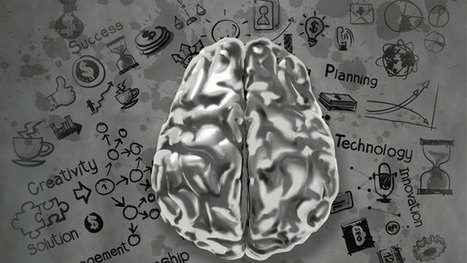


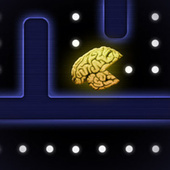


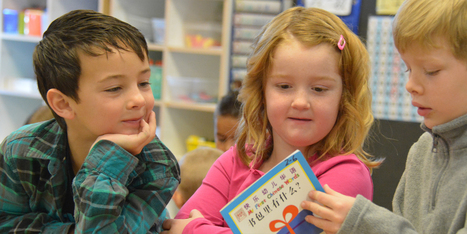
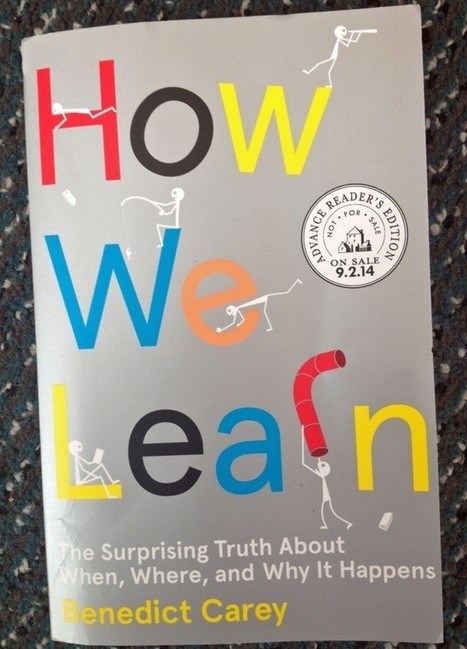
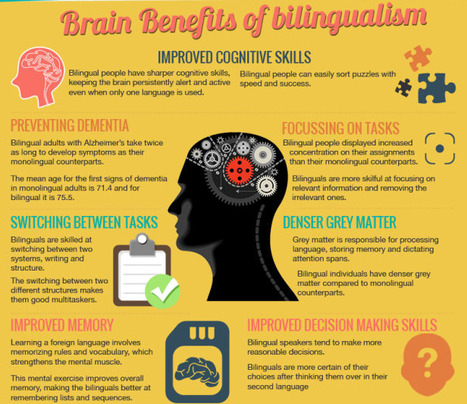




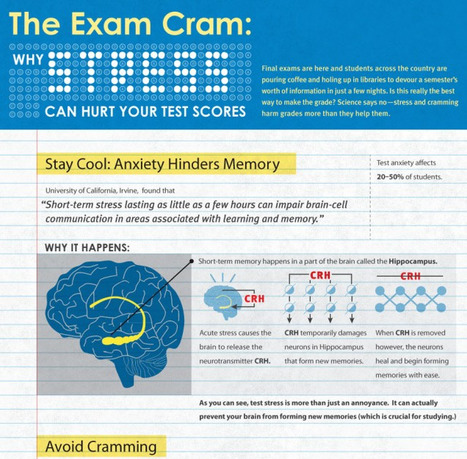


![Is Google Making us E-tards? [infographic] | Daily Infographic | Eclectic Technology | Scoop.it](https://img.scoop.it/15LbTr0eYPGpH81nGgirHDl72eJkfbmt4t8yenImKBVvK0kTmF0xjctABnaLJIm9)





While brain theory is sometimes overrated, this gives good insights.